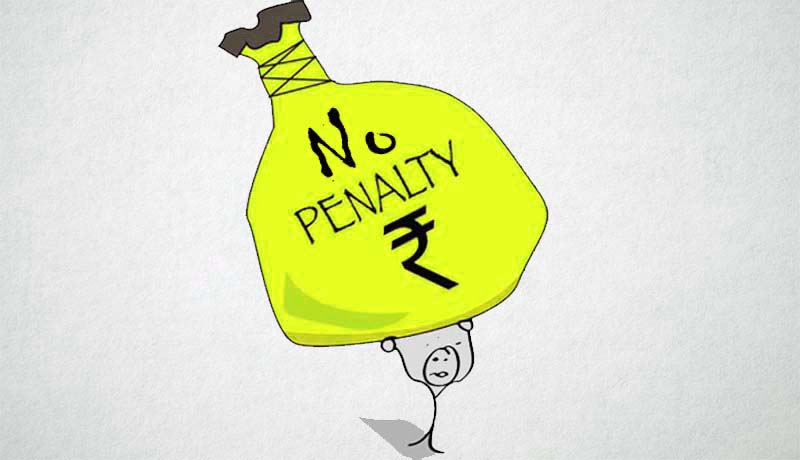Assessee Omitted to Show Interest Received on IT Refund in Return Due to Non- Communication from Dept: ITAT says Penalty not Leviable

In M/s Subhash Chander Sewa v. ITO, the ITAT Amritsar held that penalty under Section 271(l)(c) of the Income Tax Act cannot be imposed when assessee omitted to show interest received on income tax refund in return due to non-communication from Department. In the light of the facts of the case, the bench observed that the same would not amount to concealment of income and therefore penalty cannot e levied.
Assessee approached the ITAT against the order of the first appellate authority confirming the imposition of penalty under Section 271(l)(c) of the Income Tax Act on account of short disclosure of interest on Income tax. The Assessing Officer had observed that the assessee while filing its income tax return was ignorant about the amount of interest.
The case of the assessee was that no intimation of interest on refund was available with the assessee. They claimed that the only source available with the assessee firm to know the amount of interest on income tax refund was the amount of refund. It was submitted that it could not assess the exact amount of interest on refunds and interest appearing in form 26AS. But unfortunately the Form 26AS shows Nil interest on refund. It was further claimed that due to mismatch, the assesssee received short refunds from the actual refunds due and it couldn’t assess the exact amount of interest on refunds.
Allowing the appeal, the Tribunal noted that there is a mistake committed by the assessee in not adding interest on the refund to his sources of income. “There is no disputing the fact that the tax payer duly and diligently must necessarily in its return of income disclose all avenues of his income. The assessee in its defence has consistently maintained that the mistake has occurred as the information in regard to the said interest was not available in the public domain namely 26AS form of the assessee firm downloaded from the system and lack of any other intimation also available to the assessee from the Income Tax Department. These facts are not rebutted by the Revenue as CIT(A) has confirmed the penalty holding that it was the duty of the assessee to check and recheck the avenues of his income. The fact that it was the duty of the tax payer to follow due diligence cannot be over emphasized. However, considering the fact that the assessee is not a habitual defaulter and as per the assessment order, is shown to be “trading in wood”. There is nothing on record to show that it was an act of concealment nor is there any fact on record that there was a deliberate filing of inaccurate particulars of income. No doubt the assessee is expected to show due diligence and is mandatorily required to disclose all avenues of income before filing of his return.”
Considering the peculiar facts of the case, the bench relied on the Apex Court ruling in the case of Price Waterhouse Coopers (P.) Ltd. and held that a bonafide or inadvertent mistake cannot be the basis for levying or upholding the penalty.
Read the full text of the Order below.


